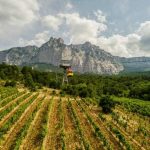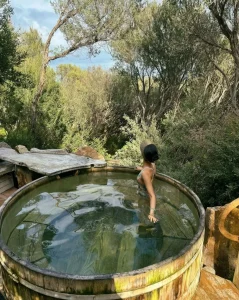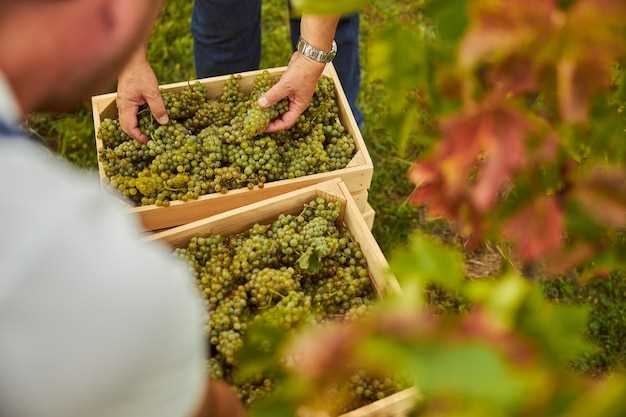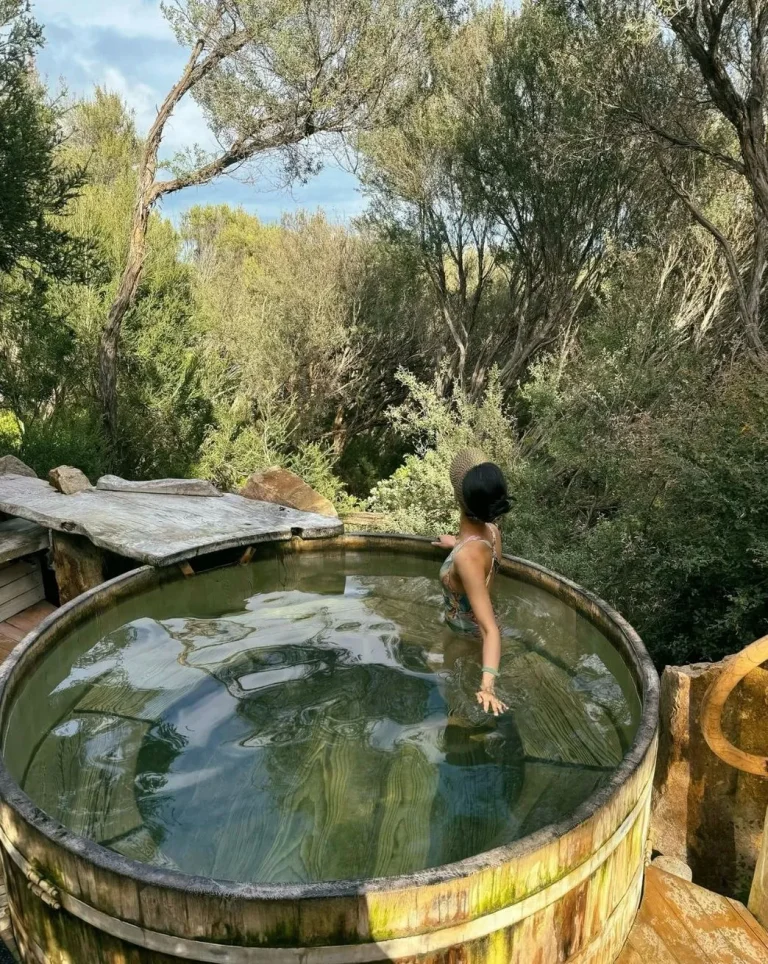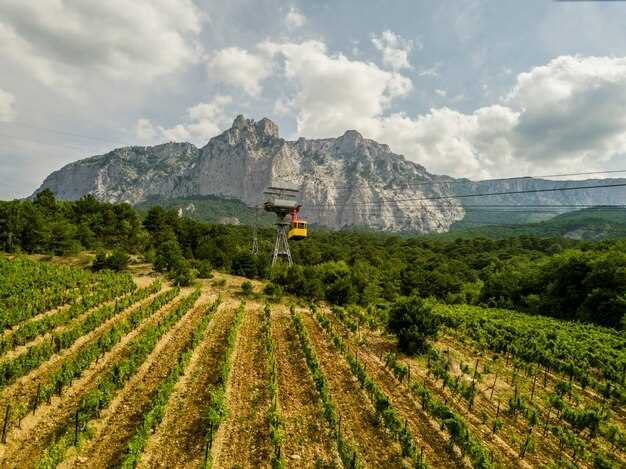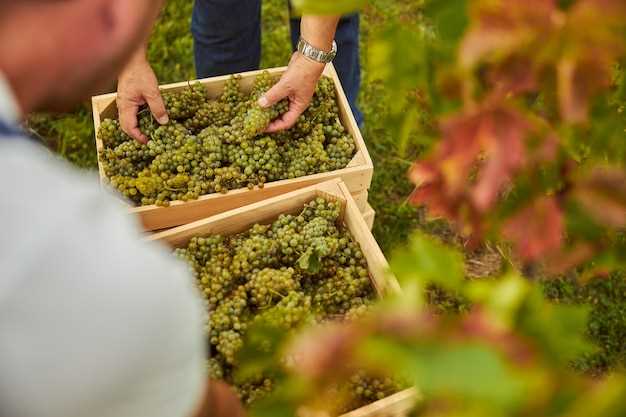
Italy, a country renowned for its rich cultural heritage and breathtaking landscapes, is also home to a thriving wine industry that embraces a unique and environmentally conscious approach to winemaking. In this article, we delve into the fascinating world of organic and biodynamic wine production, exploring the methods and philosophies that underpin this sustainable approach.
When it comes to organic and biodynamic winemaking, the focus is on nurturing the land and the vines in harmony with nature. Instead of relying on synthetic chemicals and pesticides, these methods prioritize the use of natural and organic alternatives, ensuring that the grapes are grown in a way that respects the environment and preserves the integrity of the terroir.
One of the key principles of organic and biodynamic winemaking is the belief that a healthy vineyard ecosystem is essential for producing high-quality wines. By promoting biodiversity and encouraging the presence of beneficial insects, birds, and other wildlife, winemakers create a balanced and self-sustaining environment that enhances the overall health of the vines and the surrounding ecosystem.
The Rise of Organic and Biodynamic Winemaking in Italy
In recent years, there has been a notable shift in the wine industry in Italy towards a more sustainable and environmentally-friendly approach to winemaking. This movement, characterized by the use of organic and biodynamic practices, has gained significant momentum and is reshaping the landscape of Italian winemaking.
With a growing awareness of the impact of conventional winemaking methods on the environment and human health, many Italian winemakers are embracing organic and biodynamic principles as a way to produce high-quality wines while minimizing their ecological footprint. This shift is driven by a desire to preserve the natural resources and biodiversity of the land, as well as to create wines that are free from synthetic chemicals and additives.
Organic winemaking in Italy involves the cultivation of grapes without the use of synthetic pesticides, herbicides, or fertilizers. Instead, natural methods such as composting, cover cropping, and the introduction of beneficial insects are employed to maintain soil fertility and control pests. This approach not only protects the health of the vineyards but also contributes to the overall health of the ecosystem.
Biodynamic winemaking takes organic practices a step further by incorporating a holistic approach that considers the vineyard as a self-sustaining organism. It involves the use of biodynamic preparations, which are made from natural substances such as herbs, minerals, and animal manure, to enhance the vitality and balance of the vineyard. Biodynamic winemakers also follow a lunar calendar and pay close attention to the cosmic rhythms in their vineyard management practices.
The rise of organic and biodynamic winemaking in Italy is not only driven by environmental concerns but also by the increasing demand for wines that are produced with minimal intervention and reflect the unique terroir of the region. Consumers are becoming more conscious of the origins and production methods of the wines they consume, and are seeking out wines that are not only delicious but also align with their values of sustainability and authenticity.
As a result, organic and biodynamic wines from Italy are gaining recognition and appreciation both domestically and internationally. They are celebrated for their vibrant flavors, distinct characteristics, and the sense of place they convey. The rise of this sustainable approach to winemaking in Italy is not only transforming the industry but also contributing to the preservation of the country’s rich viticultural heritage for future generations to enjoy.
Understanding Organic Winemaking: A Commitment to Sustainability
Exploring the principles of sustainable winemaking, this section delves into the concept of organic winemaking and its profound commitment to environmental preservation and long-term sustainability. By adopting organic practices, winemakers prioritize the health of the land, the well-being of their workers, and the quality of the final product.
The Essence of Organic Winemaking
Organic winemaking embodies a holistic approach that embraces nature’s wisdom and minimizes human intervention. It entails cultivating vineyards without the use of synthetic pesticides, herbicides, or fertilizers, relying instead on natural alternatives and traditional farming techniques. This commitment to organic practices ensures the preservation of biodiversity, the protection of soil health, and the reduction of chemical residues in the wine.
Regenerative Farming Techniques
Organic winemakers employ regenerative farming techniques that prioritize the long-term health of the vineyard ecosystem. These techniques include cover cropping, composting, and the use of natural predators to control pests. By nurturing the soil and encouraging its natural fertility, organic winemakers create a balanced and resilient environment that supports the growth of healthy vines and enhances the overall quality of the wine.
Furthermore, organic winemakers often embrace biodynamic practices, which go beyond organic certification requirements. Biodynamic winemaking incorporates lunar and cosmic rhythms, emphasizing the interconnectedness of the vineyard with the wider universe. This holistic approach aims to create a self-sustaining ecosystem that harmonizes with nature’s cycles and enhances the vitality and expression of the wine.
- Embracing biodiversity: Organic winemakers prioritize biodiversity by preserving natural habitats, planting cover crops, and encouraging beneficial insects and wildlife.
- Minimal intervention: Organic winemaking minimizes human intervention in the winemaking process, allowing the grapes to express their unique characteristics and terroir.
- Transparency and certification: Organic winemakers often seek certification from recognized organizations to provide consumers with assurance of their commitment to sustainable practices.
- Consumer benefits: By choosing organic wines, consumers support environmentally friendly practices and enjoy wines that are free from synthetic chemicals, showcasing the true essence of the grapes and the land.
Understanding the principles and practices of organic winemaking is essential for those seeking to make sustainable choices and support winemakers who prioritize the health of the environment and the well-being of future generations.
Biodynamic Winemaking: A Holistic Approach to Viticulture
In the realm of viticulture, there exists a unique and holistic approach known as biodynamic winemaking. This method goes beyond traditional organic practices and embraces a comprehensive understanding of the interconnectedness between the vineyard, the environment, and the cosmos. By harnessing the forces of nature and aligning with the rhythms of the universe, biodynamic winemakers strive to create wines that not only reflect the terroir but also promote the well-being of the land and its inhabitants.
The Principles of Biodynamic Winemaking
At the core of biodynamic winemaking lies a set of principles that guide the viticultural practices. These principles encompass a deep respect for the natural world and a recognition of the intricate relationships between all living organisms. Biodynamic winemakers view the vineyard as a self-sustaining ecosystem, where the soil, plants, animals, and celestial influences work in harmony to create a balanced and vibrant environment.
- Regenerative Agriculture: Biodynamic winemaking emphasizes the importance of regenerating the soil through practices such as composting, cover cropping, and crop rotation. By nurturing the soil’s fertility, biodynamic vineyards become resilient and capable of producing high-quality grapes.
- Biodiversity: Encouraging biodiversity is a fundamental aspect of biodynamic winemaking. Planting diverse cover crops, preserving native flora and fauna, and creating habitats for beneficial insects and animals contribute to a thriving and balanced ecosystem.
- Lunar and Celestial Influences: Biodynamic winemakers believe that the moon and other celestial bodies have a profound impact on the growth and development of the vines. Planting, pruning, and harvesting are timed according to lunar and celestial cycles to optimize the quality and flavor of the grapes.
- Preparations and Treatments: Biodynamic winemaking utilizes various preparations and treatments made from natural substances to enhance the vitality of the vineyard. These preparations, such as herbal teas and compost preparations, are applied in precise quantities and at specific times to stimulate the vine’s natural defenses and promote overall health.
The Benefits of Biodynamic Winemaking
Biodynamic winemaking offers a multitude of benefits, both for the environment and the resulting wines. By adopting a holistic approach to viticulture, biodynamic winemakers contribute to the preservation of biodiversity, the restoration of degraded soils, and the reduction of chemical inputs. The resulting wines are often praised for their distinctiveness, complexity, and expression of terroir. Moreover, biodynamic practices promote the long-term sustainability of vineyards, ensuring that future generations can continue to enjoy the fruits of the land.
The Benefits of Organic and Biodynamic Wines: Health and Environment
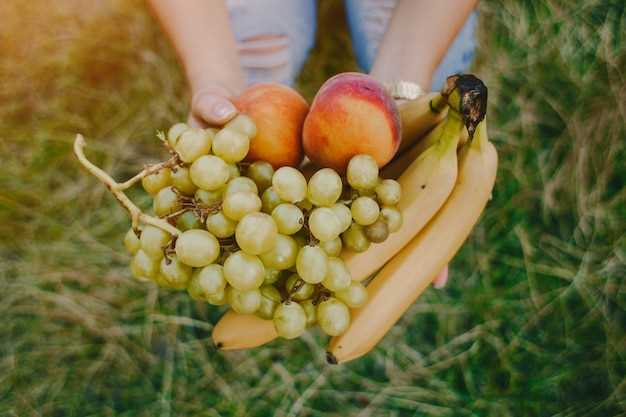
When it comes to enjoying a glass of wine, many people are becoming more conscious of the impact it has on their health and the environment. Organic and biodynamic wines offer a sustainable and responsible approach to winemaking that brings numerous benefits to both our well-being and the planet.
One of the key advantages of organic and biodynamic wines is their commitment to using natural and chemical-free methods in the vineyard. By avoiding the use of synthetic pesticides, herbicides, and fertilizers, these wines are free from harmful residues that can potentially affect our health. Instead, organic and biodynamic winemakers rely on natural alternatives, such as compost, cover crops, and beneficial insects, to maintain the health of their vineyards.
Furthermore, organic and biodynamic winemaking practices prioritize the preservation of biodiversity. By promoting a balanced ecosystem, these methods help protect and support a wide range of plant and animal species. This not only contributes to the overall health of the environment but also enhances the quality and complexity of the wines produced. The diverse flora and fauna surrounding the vineyards create a unique terroir, resulting in wines with distinct flavors and characteristics.
In addition to the environmental benefits, organic and biodynamic wines are often considered to be healthier options. The absence of synthetic chemicals and additives means that these wines are less likely to cause allergic reactions or adverse health effects. They also tend to have lower levels of sulfites, which can be a common trigger for wine-related headaches and allergies. As a result, organic and biodynamic wines offer a more natural and pure drinking experience.
Choosing organic and biodynamic wines not only supports sustainable agricultural practices but also allows us to enjoy a healthier and more environmentally friendly indulgence. By opting for these wines, we can savor the flavors of Italy while knowing that we are making a positive impact on our well-being and the planet.
Challenges and Successes of Organic and Biodynamic Winemaking in Italy
Exploring the journey of sustainable wine production in Italy unveils a myriad of obstacles and triumphs. From navigating the complexities of organic and biodynamic practices to overcoming market challenges, winemakers in Italy have embraced a holistic approach to crafting exceptional wines that respect the environment and nurture the land.
Embracing Nature’s Rhythms: One of the key challenges faced by winemakers in Italy is the adoption of biodynamic principles, which require a deep understanding and synchronization with nature’s rhythms. By incorporating practices such as lunar cycles and biodynamic preparations, winemakers strive to enhance the vitality and balance of their vineyards, resulting in wines that truly reflect the terroir.
Preserving Biodiversity: Another significant challenge lies in preserving biodiversity within vineyards. Organic and biodynamic winemakers in Italy prioritize the cultivation of diverse plant species, creating a harmonious ecosystem that supports beneficial insects, birds, and other wildlife. This approach not only contributes to the overall health of the vineyard but also enhances the complexity and character of the wines produced.
Market Recognition: While the demand for organic and biodynamic wines is steadily increasing, winemakers in Italy face the challenge of gaining market recognition and consumer trust. Educating consumers about the benefits of sustainable winemaking practices and showcasing the unique qualities of these wines is crucial in establishing a loyal customer base and ensuring the long-term success of organic and biodynamic winemaking in Italy.
Quality and Consistency: Achieving consistent quality in organic and biodynamic winemaking can be a complex task. The reliance on natural processes and the avoidance of synthetic interventions require meticulous attention to detail and a deep understanding of the vineyard’s unique characteristics. However, the successes of winemakers in Italy are evident in the exceptional quality and distinctiveness of their wines, which have garnered international acclaim and recognition.
A Sustainable Legacy: Despite the challenges faced, the successes of organic and biodynamic winemaking in Italy are a testament to the dedication and passion of winemakers who prioritize sustainability and environmental stewardship. By embracing innovative techniques, preserving biodiversity, and producing exceptional wines, these winemakers are leaving a sustainable legacy for future generations to enjoy.
The Future of Sustainable Winemaking: Innovations and Trends
In the ever-evolving world of winemaking, the future holds exciting possibilities for sustainable practices. As the industry continues to prioritize environmental responsibility and consumer demand for eco-friendly products grows, winemakers are embracing innovative approaches and following emerging trends to ensure a sustainable future.
One of the key innovations in sustainable winemaking is the adoption of advanced technology. From precision viticulture techniques to the use of drones and satellite imagery, winemakers are leveraging cutting-edge tools to optimize vineyard management. These technologies enable them to monitor soil health, water usage, and pest control more efficiently, resulting in reduced environmental impact and improved grape quality.
Another trend shaping the future of sustainable winemaking is the exploration of alternative packaging options. While traditional glass bottles have long been associated with wine, the industry is increasingly embracing more eco-friendly alternatives. From lightweight bottles made from recycled materials to innovative bag-in-box and canned formats, winemakers are finding creative ways to reduce carbon emissions and waste throughout the production and distribution process.
Furthermore, the future of sustainable winemaking lies in the development of organic fertilizers and pest control methods. As winemakers strive to minimize the use of synthetic chemicals, they are turning to natural alternatives such as compost, cover crops, and beneficial insects. These organic practices not only promote soil health and biodiversity but also contribute to the overall sustainability of the vineyard ecosystem.
Additionally, the concept of regenerative agriculture is gaining traction in the wine industry. By implementing regenerative practices, winemakers aim to restore and enhance the natural resources and ecosystems within their vineyards. This holistic approach focuses on building soil fertility, capturing carbon, and promoting biodiversity, ultimately creating a more resilient and sustainable environment for grape cultivation.
In conclusion, the future of sustainable winemaking is characterized by a commitment to innovation and the adoption of emerging trends. Through the integration of advanced technology, alternative packaging solutions, organic practices, and regenerative agriculture, winemakers are paving the way for a more environmentally conscious and socially responsible industry.





